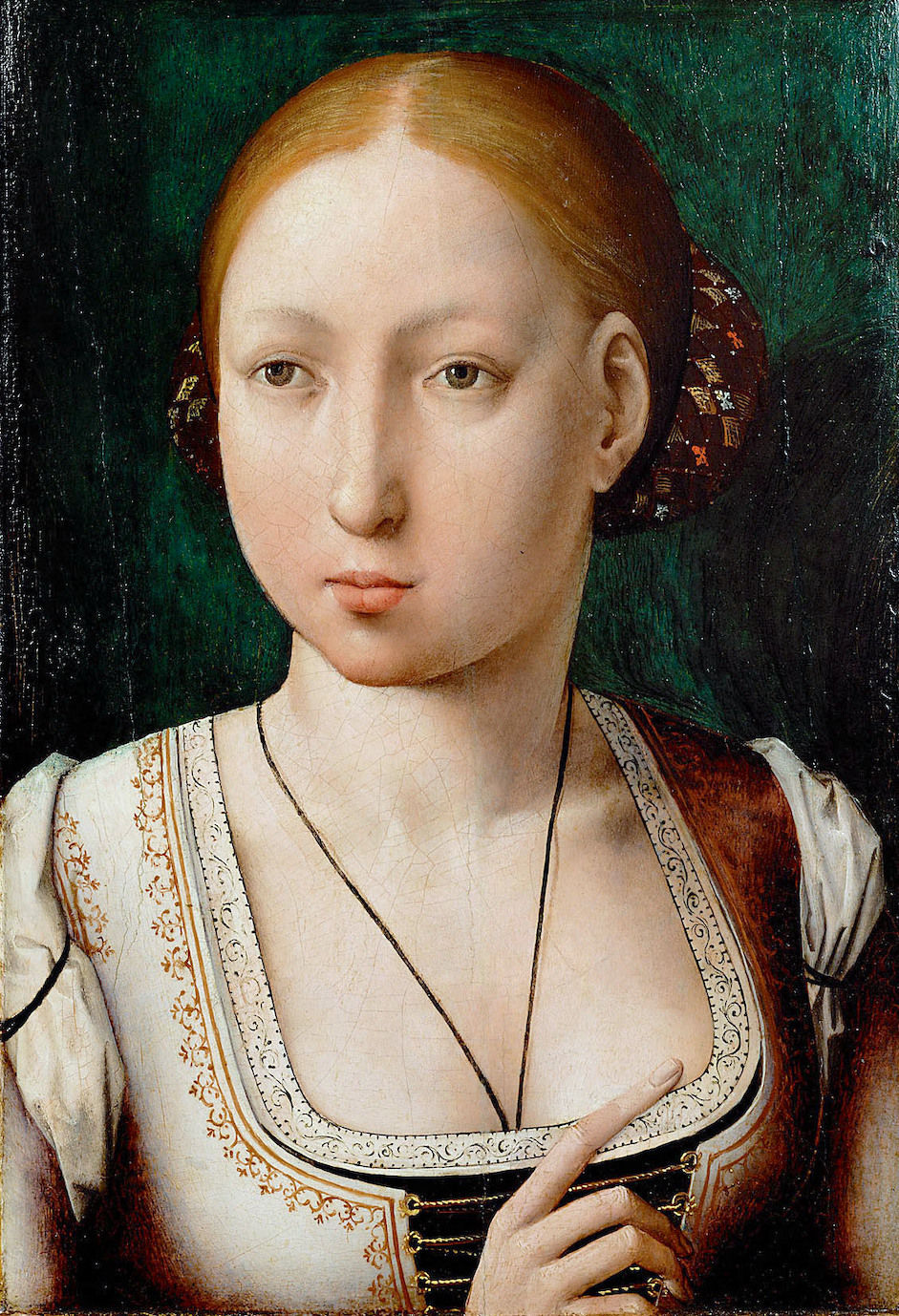Juana of Castile: Devoted Wife or Unhinged Madwoman?
- anjuli26
- Mar 21, 2021
- 3 min read
Updated: Apr 1, 2021
Those who loved their departed spouse often carry a memento to keep them ever present. Juana of Castile went one better, however: her memento was the deceased!


by Anjuli McDonald of Clanranald
Third of the five progeny of the extraordinary King Ferdinand and Queen Isabella, Juana was born in 1479. Her brother Juan was expected to inherit the combined thrones of Aragon (from Ferdinand) and Castile (from Isabella); but his death not long after his marriage to the Archduchess Margaret of Austria in 1497 was followed a year later by the passing of his older sister Isabella, making Juana heiress to both thrones.
Juana was married in 1496 to Archduke Philip “the Handsome” of Austria. This was a dynastic marriage, helping to cement relations between the Holy Roman Emperor Maximilian, a Habsburg, and the royal family of Spain. But the erratic 16-year-old Juana fell deeply in love with her young husband.

In 1500, Juana gave birth to a son, who would one day become Charles V, Holy Roman Emperor and king of the united kingdoms of Aragon and Castile. But even her successive forays into motherhood could not distract Juana from her obsession with her husband. The two journeyed all over the known world, visiting their relatives in court after court, even staying in England on several occasions, both before and after the marriage of Juana’s sister Catherine, to King Henry VIII.
Juana’s fragile mental state reportedly finally collapsed in 1506 when her beloved Philip passed away. Driven insane by grief, Juana decreed to her stunned courtiers that Philip was not to be buried but was to be kept in his coffin until such time as she decided what was to be done with his body. Thereupon she began an even more peripatetic lifestyle, traveling from castle to castle, followed by the coffin bearing the corpse of her much-lamented Philip.

Juana was reported to mentally unbalanced. But was she?
Was She Crazy or Just a Pawn?
Henry VII, still king of England and mourning the passing of his wife Elizabeth, remembered the lovely Juana from her brief sojourn to Windsor in early 1506, and was much struck with her beauty and dignity. When he sought an alliance with Juana through her father Ferdinand, he was warned that she was mad and therefore unsuitable for marriage.
Refusing to be dissuaded, Henry assured all and sundry that, as Juana had proved herself capable of bearing children, he was willing to overlook the trivial matter of her lunacy. Furthermore, he was certain that in the arms of a loving husband, she would soon regain her wits. And it was his stated opinion that he did not believe Juana to be mad at all. Rather, he believed that all this talk of insanity was merely a ruse on the part of Ferdinand to keep his daughter free to use as a bargaining chip on the marriage market.
The usual monarchical footdragging began, but this time it led to naught. Henry VII succumbed to the Grim Reaper in 1509, leaving Juana still a widowed Queen of Castile.
Eventually, her son Charles, the most powerful ruler in Europe, began to eclipse Juana on the international scene, after which she largely disappeared from the chronicles, until her death in 1555.
Her sole place in history today is the image of the devoted wife, tragically bearing the cold body of her husband forever about with her. But was Juana truly mad or was she just the victim of her father’s smear campaign?
Whatever the truth, Juana never married again. In spite of the intriguing picture of the lovely young Juana, either mad and eternally mourning or sane and cruelly stigmatized by a father’s opportunism, historians will forever only guess at the truth.
Anjuli McDonald of Clanranald (Ellen McDaniel-Weissler) is a writer, actress, singer, teacher, and activist who lives on a mountainside with her husband, their two sons, and their dopey dog Bella. (Actually, the sons are dopey, too.) The family enjoys medieval re-enactment with the Society for Creative Anachronism. This article was originally published in Renaissance Magazine and was reworked for Mystorical.



Comments